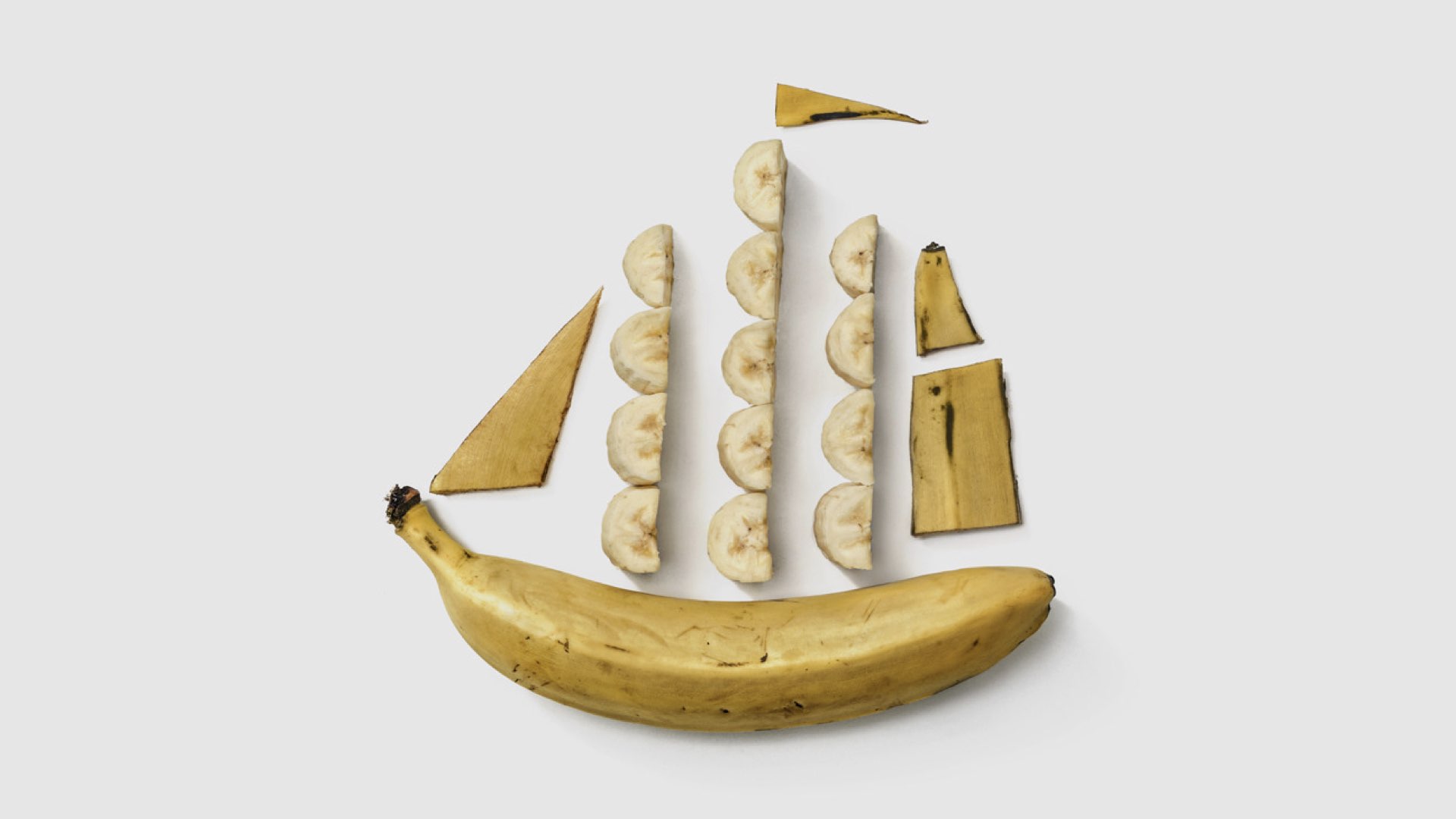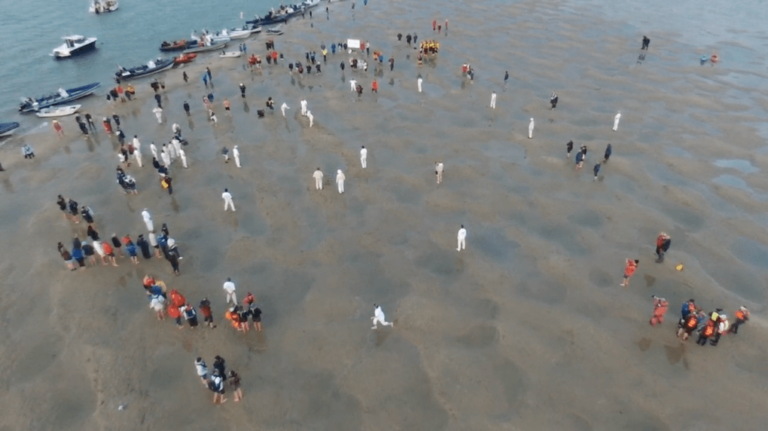You are not going bananas!
Why are bananas supposed to be bad luck on boats?
If you’ve ever set sail or chatted with seasoned sailors, you might have stumbled upon a curious maritime superstition: bananas are bad luck on boats. This peculiar belief, like tales of mermaids and ghost ships, has been passed down through generations. But why do these sunny, potassium-packed fruits get such a bad rap on the high seas? Let’s embark on a light-hearted voyage to uncover the banana-boating curse!
A Historical Mystery
The superstition’s origins are as murky as the depths of the ocean. One theory dates back to the 1700s when Spanish trading ships transported bananas from the Caribbean to Europe. These ships were often plagued by misfortune, leading sailors to associate their cargo with bad luck. Whether it was due to the ships’ speed (bananas ripen quickly, so the ships had to sail faster, making the journey riskier) or other perils, the correlation stuck.
The Poisonous Stowaways
Another theory involves the dreaded banana stowaways—venomous spiders and snakes. These unwelcome passengers would hide among the bananas, leading to bites and stings that caused illness or even death. This would make any sailor wary of a crate of bananas. No one wants to find a surprise spider in their snack, especially when they are miles away from medical help.
Spoiling the Catch
For fishermen, bananas were believed to be a curse on their nets. The presence of bananas on board was said to result in a poor catch. Imagine spending a long day under the scorching sun, only to haul up empty nets because someone couldn’t resist a banana split. Bananas quickly became a no-no on fishing boats, due to the strong smell masking the scent of bait or sheer superstition.
The Slippery Slope
Bananas have another pesky trait: they can make things slippery. A single peel left carelessly on deck could cause a sailor to slip and tumble—potentially into the sea. While it sounds like the plot of a cartoon on a rocking boat, safety is no laughing matter. This practical concern likely contributed to the fruit’s bad reputation.
Modern-Day Bananas
Despite these old-timey tales, bananas today are often seen as a healthy snack rather than a harbinger of doom. Yet, the superstition persists, especially among recreational fishermen and boating enthusiasts. Even today, some skippers forbid bananas from being on their boats to be on the safe side. This quirky tradition adds a dash of fun and mystique to the boating experience, and hey, why tempt fate?
Busting the Myth
Not everyone buys into the banana phobia. Many modern sailors enjoy bananas without a second thought. They point out that accidents and bad weather are more likely culprits for maritime mishaps than a piece of fruit. Besides, in a pinch, bananas can provide essential nutrients and energy on long voyages.
A Banana a Day…
So, what’s a seafarer to do? Embrace the superstition or debunk it with every bite? Whether you’re a die-hard believer or a sceptic, there’s no denying that bananas have added a unique flavour to maritime lore. Next time you plan a boating trip, consider leaving the bananas ashore—if only for the fun of following an age-old tradition.
Whether bananas are bad luck or just an innocent scapegoat for nautical nuisances, they make for a great story. So, here’s to the mighty banana: a fruit with a reputation as colourful as its peel. May your voyages be smooth, your nets full, and your bananas… well, maybe save them for the beach picnic!








